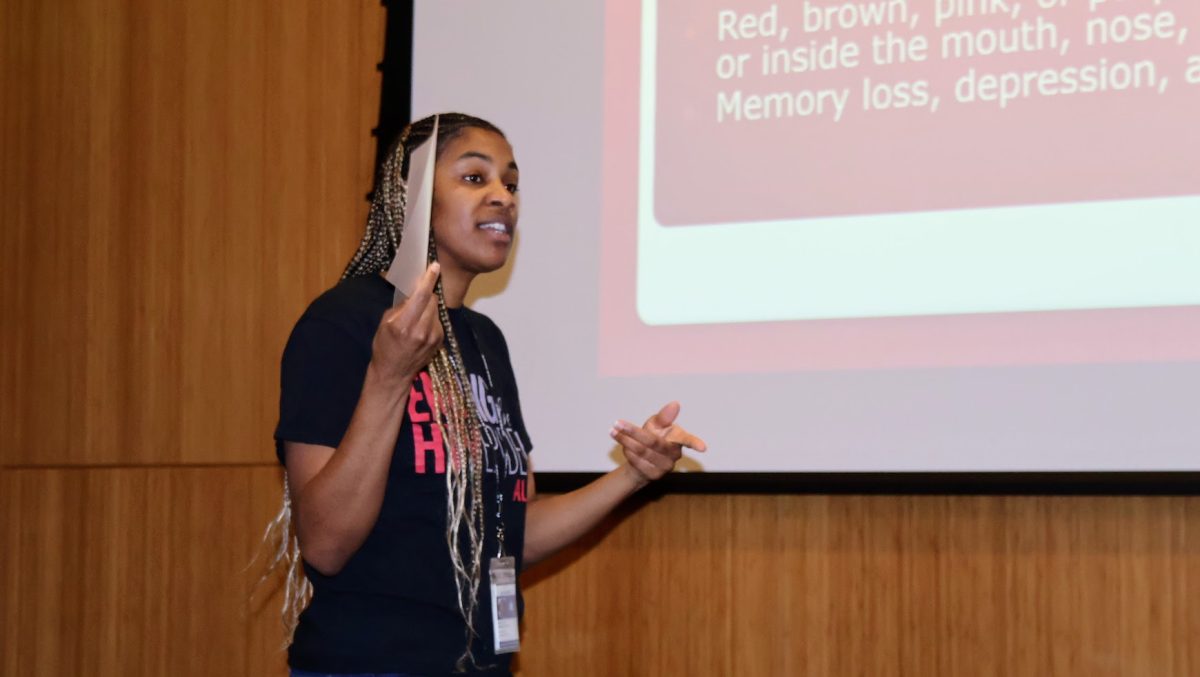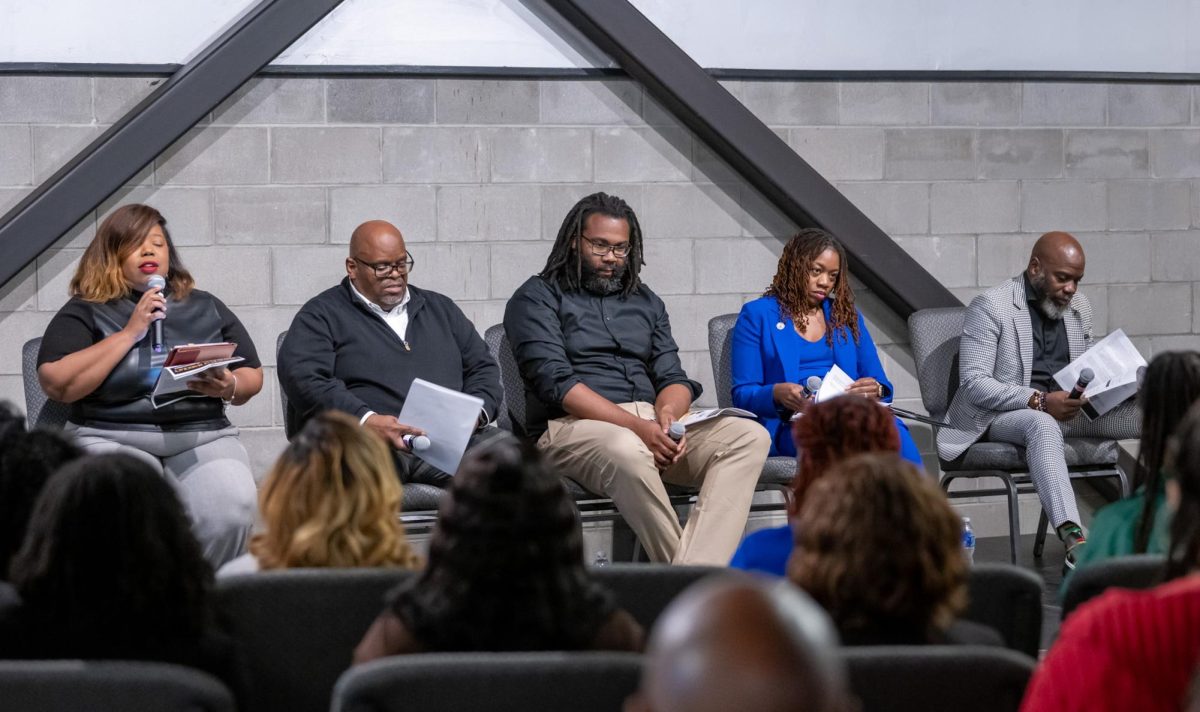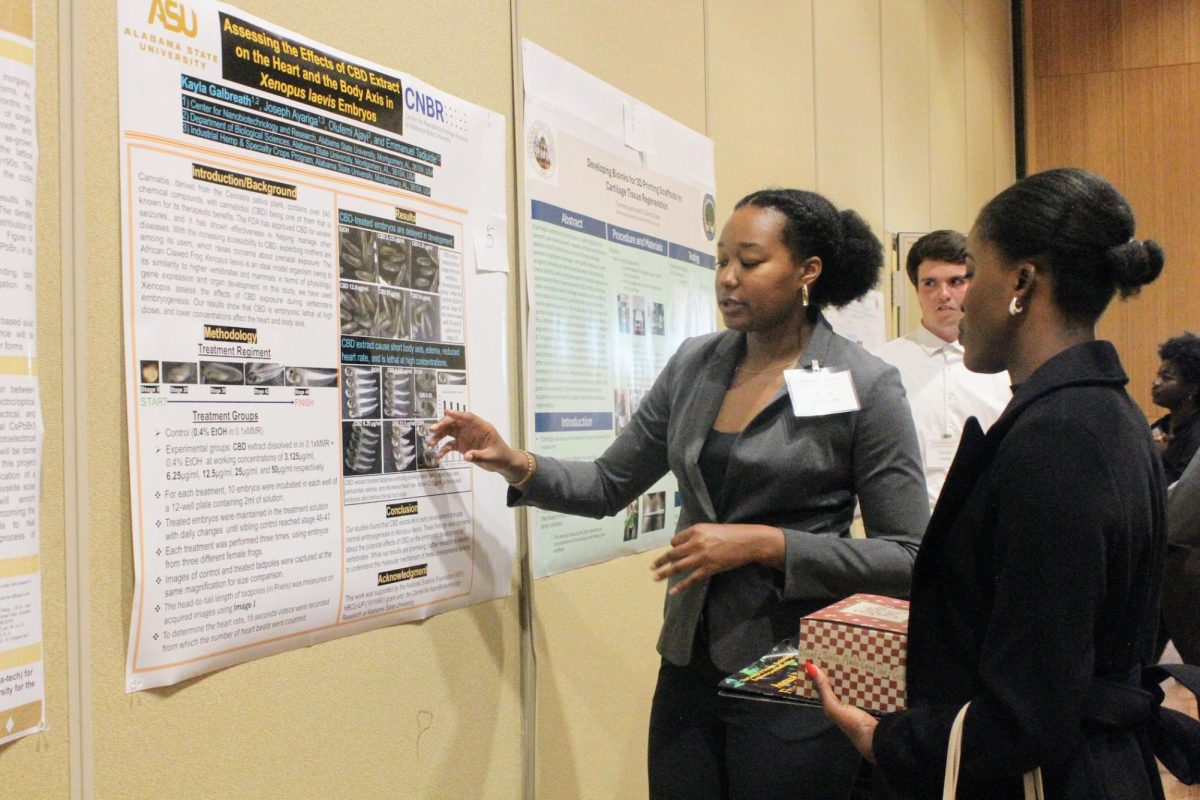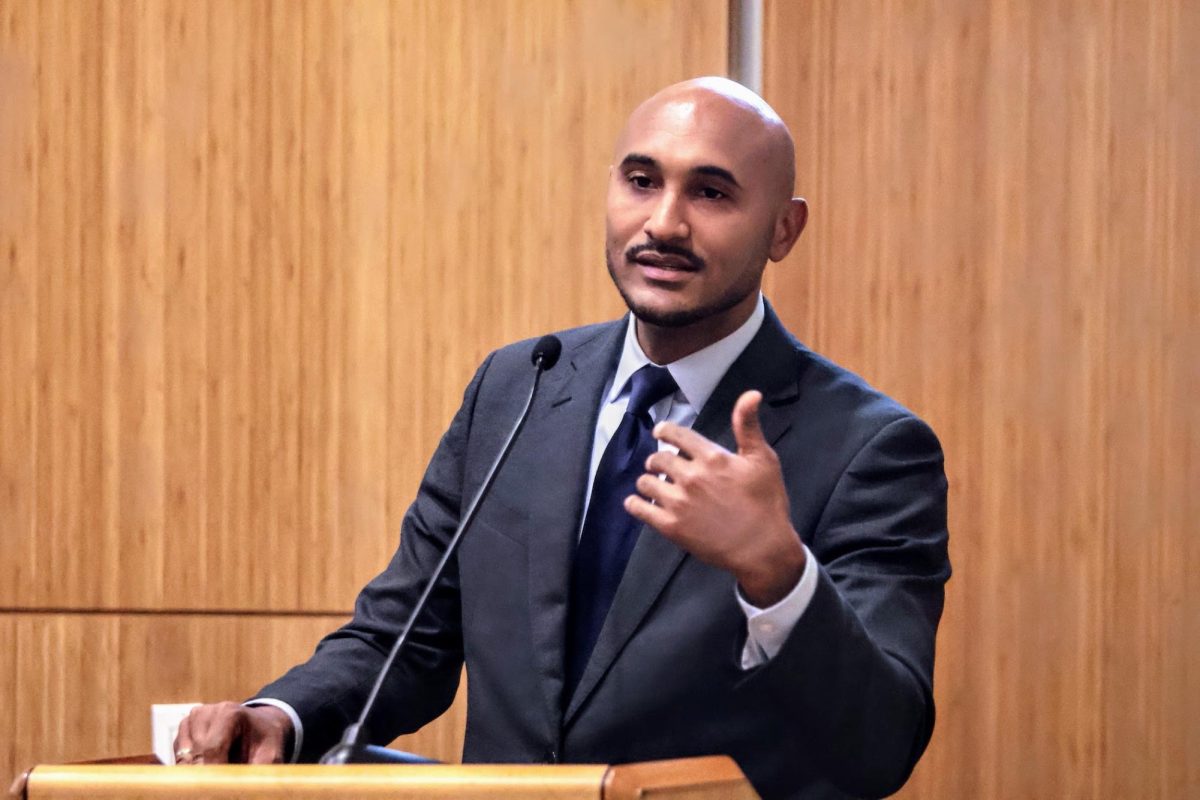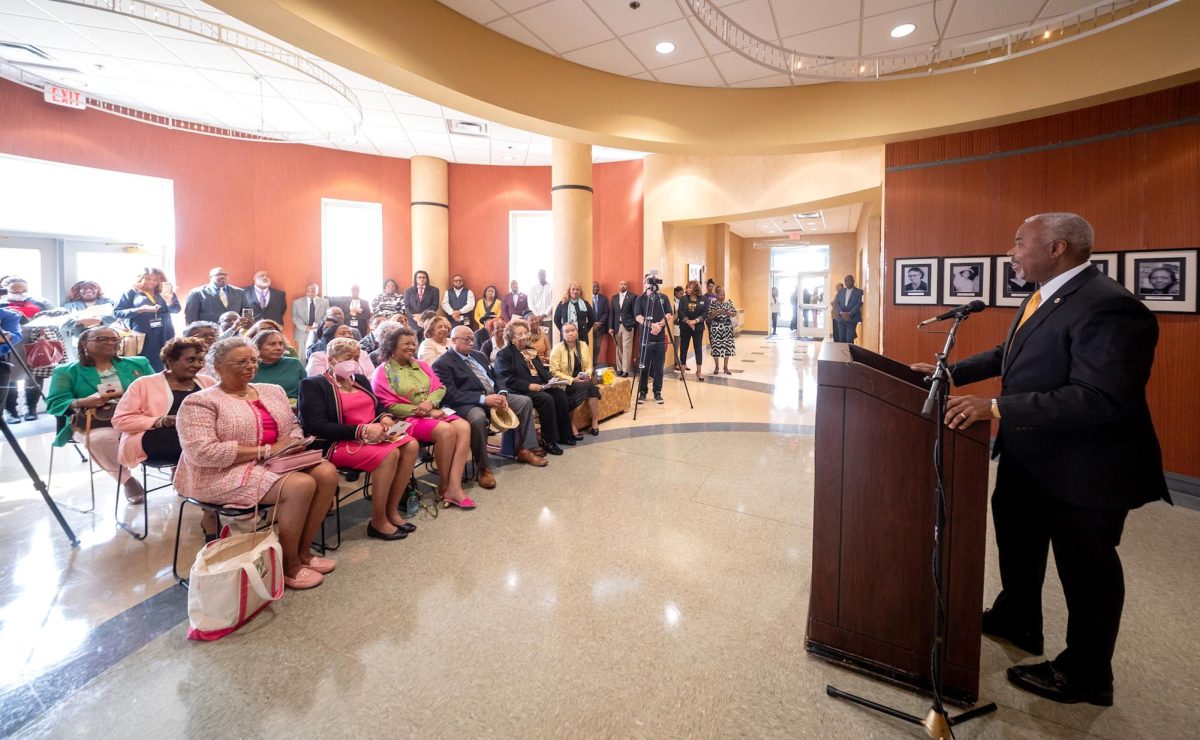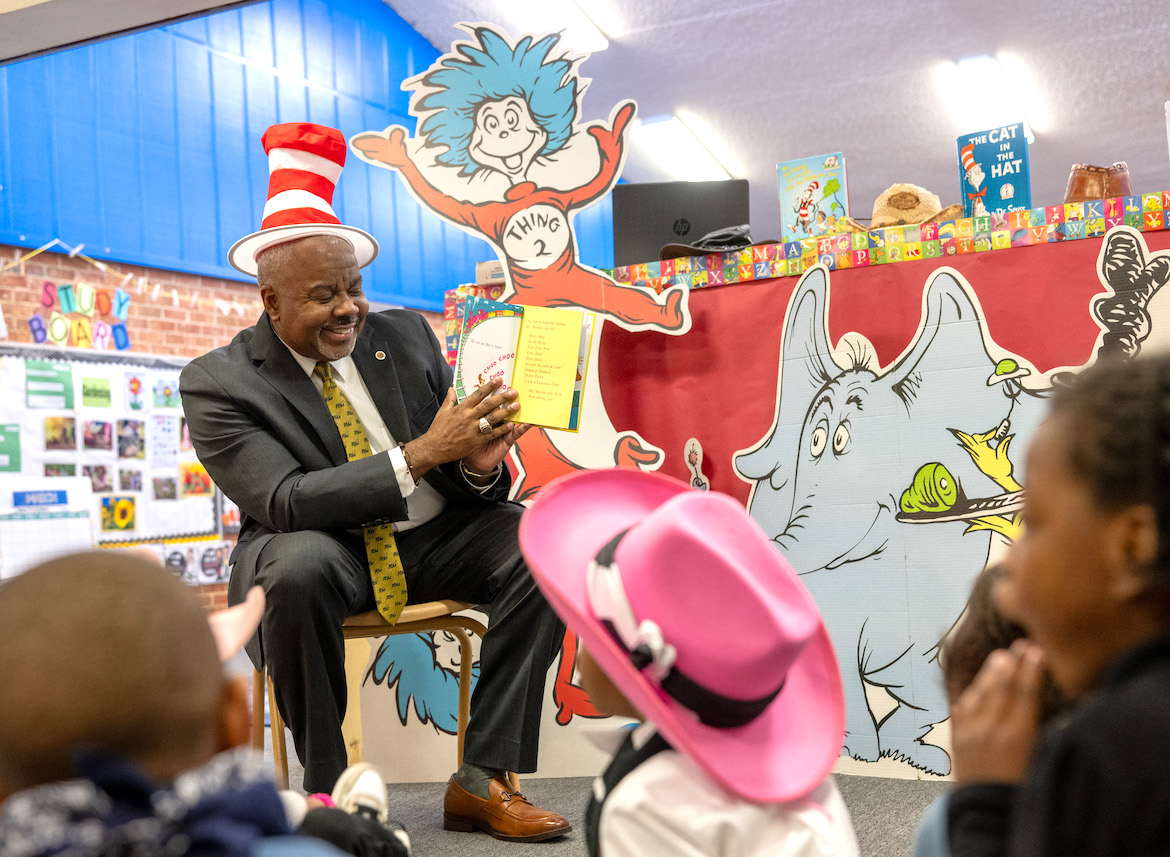According to the Pan American Health Organization (PAHO), “There are more than 30 different bacteria, viruses and parasites known to be transmitted through sexual contact.”
This topic, along with other related topics were presented during the program, “What’s Your Plan B,” a part of Miss Alabama State University Kayla Edwards’ C.H.I.L.L. (Counseling Hornets In Life Lessons) initiative. The program was held Jan. 23, at 6 p.m. in the John Garrick Hardy Center Ballroom, where she gave free emergency contraceptives and free HIV/STI testing to students.
In 2021, 50.5% of reported cases of STDs were among adolescents and young adults aged 15–24 years, according to the Centers for Disease Control and Prevention (CDC).
Edwards established C.H.I.L.L. last semester in August 2023, but she used it last spring during her campaign season when running for the position of Miss Alabama State University last spring.
Edwards’ leading focus for this initiative is “to help and educate students so that when they leave ASU, they are equipped in real-world situations.” Edwards said she “always had aspirations to become an OB/GYN,” so she took “a great deal of interest in reproductive health.”
While planning for this event, she “identified a company called Advocates for Youth Justice, who were giving out Plan Bs to different campus ambassadors.” She “felt like it would be something great to bring on campus.”
Edwards’ hope for this event was that “people get educated and that they come out and learn more about HIV, STI and how people get pregnant and how to prevent it.”
The main person who helped Edwards conduct this event was her very own advisor, LaTasha Ivey Bell. She helped Edwards to find two speakers, Ka’Laun Hambrite and Valerie Lockett, who spoke during this event.
“She Looks Like Me” is an organization that also supported and sponsored this event. During the event, “She Looks Like Me” conducted HIV testing, while the university’s health center conducted STI testing.
Ka’Laun Hambrite, a central district HIV prevention program manager for the Alabama Department of Public Health, described her job duties.
“My job duties are to go around to different colleges, different organizations, different schools to spread awareness about HIV prevention and testing initiatives,” Hambrite said.
Since the rates of HIV are currently on the rise, a few ways to prevent contracting and transmitting HIV, is to “protect yourself, use condoms, generally just be more prudent with who you’re deciding to have sex with and always get tested every six months,” Hambrite said.
She continued.
“If seeking to be tested, you can go to the Montgomery County Health Department, where you will be tested for not only HIV but also Gonorrhea, Chlamydia, Syphilis and Trichomoniasis or ‘trich.’ Also, you can go to Five Horizons, which does walk-in HIV testing specifically and additionally has a health clinic.”
On a final note, Hambrite said, “I have been on this campus every year since I’ve been in this job capacity, and I’ve seen a lot and heard a lot, and what I would like to say is just because you’re not exhibiting symptoms or feeling like your sick doesn’t mean that you should not get tested.”
Hambrite distinguishably expressed that “getting tested should not be stigmatized. Talking about HIV and STIs should not be stigmatized. If you can talk about and have sex, then you can talk about the things that come from having sex.”


